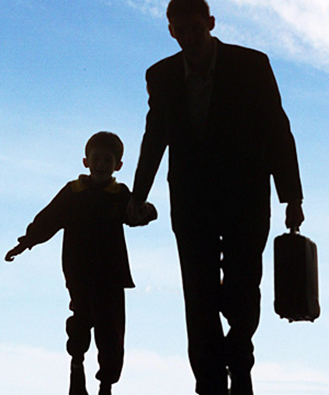The Most Dangerous Job Ever
August 17, 2011 in Daily Bulletin

A new study has apparently proven that being a king is the most dangerous occupation of all time. Manuel Eisner, a professor at Cambridge, researched the deaths of over 1,500 monarchs between 600 and 1800 AD. He found that almost 25% of them died violently during this time, and almost 15% of them died from being murdered. Their risk of dying violently was about 700 times greater than those they ruled, and was also greater than the risk facing those living in even the most dangerous places on earth today.
Source: guardian.co.uk
Via: Freakonomics Blog









Join the Discussion! (No Signup Required)